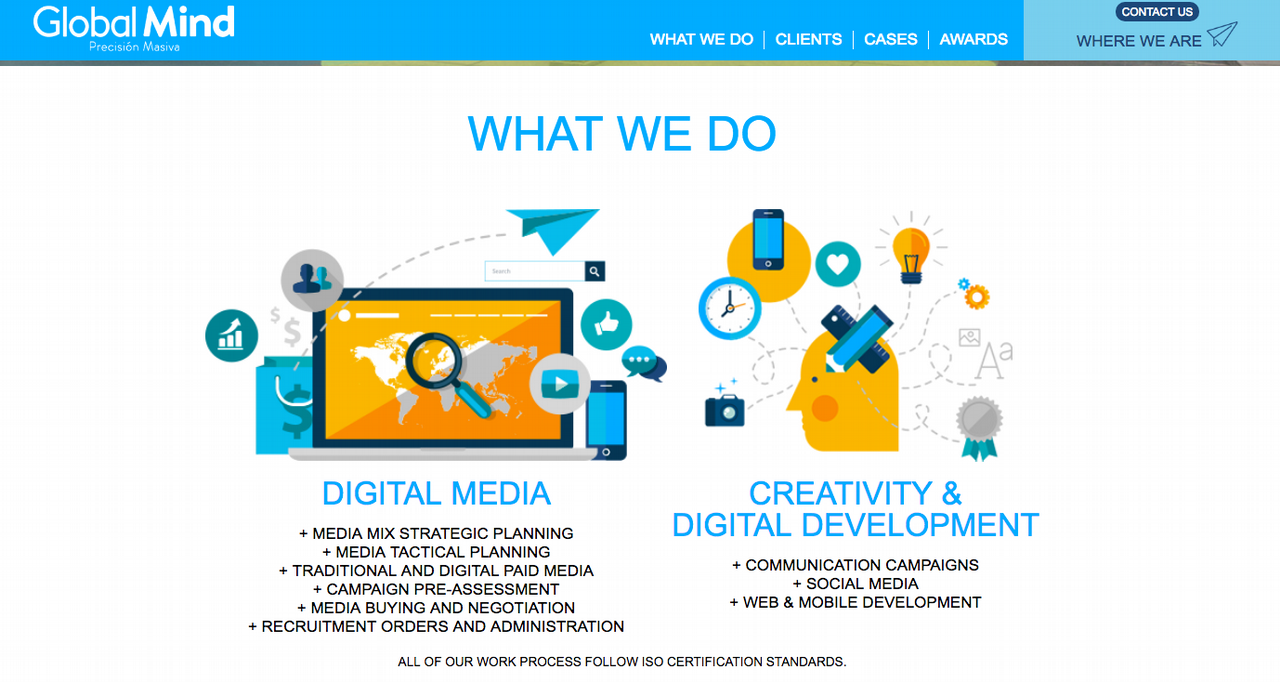| When Tactical Tech’s Data and Politics research team began to investigate how personal and individual data is being utilised in modern, digitally-enhanced political campaigns, we were quickly struck by the unbalanced coverage, particularly in the media, of the methods and strategies of data acquisition, analysis and utilisation by political campaigns across countries and different political contexts. In collaboration with international partners, we produced 14 studies to identify and examine some of the key aspects and trends in the use of data and digital strategies in recent and/or upcoming elections or referendums in Argentina, Brazil, Canada, Chile, Colombia, France, Italy, India, Kenya, Malaysia, Mexico, Spain – Catalonia, the United Kingdom and the United States. By working with journalists, digital rights advocates, lawyers, academics and data scientists, our multidisciplinary and practitioner-led approach has produced contextual overviews and tangible case studies of how personal and individual data is used by political campaigns in countries across the globe. With this collection of reports, we aim to expand our understanding of these issues beyond the contemporary, global-north focused coverage. |
|---|
The election of Mauricio Macri and his centre-right Cambiemos (Let's Change) alliance in 2015 ended the twelve-year seat occupied by Argentina's centre-left Front for Victory alliance in the closest presidential race in Argentinian history. After an initial round of voting in the primaries, compulsory for citizens between 18 and 70, the presidency was ultimately decided in a run-off election in which Macri claimed 51.3% of the popular vote, eking out a victory over Daniel Scioli, of the Front for Victory, who received 48.7%. The presidency was decided by less than 700,000 votes.
The close contest during the 2015 campaign and the country's 70% internet penetration prompted a new focus on unified and coordinated digital campaigns, which first appeared in Argentinian politics over a decade ago.
Tactical Tech partnered with Marianela Milanes to elucidate the role of digital campaigning and micro-targeting in Argentina's most recent presidential and legislative elections. Marianela Milanes is a Buenos Aires-based political scientist and researcher at the Asociación por los Derechos Civiles (ADC – The Association for Civil Rights), an NGO advancing human and civil rights. A selection of key findings from ADC's work is presented below. Further topics and in-depth details can be found in the full report (in Spanish).
Digital investments made by political parties maintained connections — both direct and indirect — to political campaigns and strategists abroad
- The electoral successes of Barack Obama, Donald Trump and Jeremy Corbyn inspired, influenced, and informed Argentinian political strategists. All three used social networks in ways Argentinian campaigns sought to emulate.
- In addition to large platform companies, Argentinian candidates employed a number of smaller and lesser-known boutique consultancies based outside of Argentina were employed. These connections allowed campaigns not only to execute digital advertising plans but also to actively shape digital advertising strategy.
- Political operatives from other South American countries, the United States, and Europe were enlisted for ideas and strategic guidance.

<th class="tg-bsv2"><span style="font-weight:bold;font-style:italic">While some campaigns in other countries try to separate online and offline media for privacy reasons or otherwise, at least one prominent campaign in Argentina deliberately and effectively unified the two into one overarching digital / in-person intervention</span><br><br>• Macri's "mano a mano" campaign involved physically visiting the homes of select voters who invited him via Facebook to do so.<br><br>• In addition to providing general campaign fodder, these visits became the primary material for campaign announcements.<br><br>• For cities in the interior of Argentina where these home visits occurred, representatives from Macri's political alliance, Cambiemos, visited a subset of citizen's houses in advance to corroborate their stories. Based on this initial check, they chose three voters for Macri to visit in person.<br><br>• In October 2015, Macri's larger volunteer and door-to-door mobilisation strategy came under fire because, among other tasks, volunteers were collecting personal information. Volunteers were allegedly instructed to upload personal details of those who wanted to volunteer to an internal campaign website.</th>
For more details on the above highlights, read ADC's full report on digital campaigning in Argentina’s 2015 and 2017 elections here (in Spanish).
An introduction to the Influence Industry project can be found at The Influence Industry: The Global Business of Using Your Data in Elections and an introduction to the tools and techniques of the political data industry can be found at Tools of the Influence Industry. Similar, country-specific studies on the uses of personal data in elections can be found here, with more to be added each week.
Varoon Bashyakarla is a data scientist and researcher at the Tactical Technology Collective. His past statistical undertakings led him to a variety of domains: public health, public safety, sports, finance, and cybersecurity. After working as a data scientist in Silicon Valley, he is now living in Berlin and exploring how personal information is used for political influence.
Thank you to Gary Wright, Christy Lange, and Stephanie Hankey for their revisions. A special thanks to Sasha Gubskaya for posting this piece online.
Published July 20, 2018.
Data and Elections in Chile: Update from Datos Protegidos
Digital Election Trends in Uganda
Personal Data and the Influence Industry in Nigerian Elections
Data & Politics Virtual Round-table: Sub-Saharan Africa Event Report
The Advent of Targeted Political Communication Outside the Scope of Disinformation in Ukraine
The Netherlands: Digital Literacy and Tactics in Dutch Politics
France: Data Violations in Recent Elections
Brazilian Elections and the Public-Private Data Trade
Catalonia: Contested Data and the Catalan Independence Referendum
USA: American Digital Politics and the Commercial Sector
Chile: Voter Rolls and Geo-targeting
India: Digital Platforms, Technologies and Data in the 2014 and 2019 Elections
United Kingdom: Data and Democracy in the UK
Kenya: Data and Digital Election Campaigning
Colombia: Personal Data in the 2018 Legislative and Presidential Elections
Canada: Data Analytics in Canadian Elections
Mexico: How Data Influenced Mexico's 2018 Election
Malaysia: Voter Data in the 2018 Elections
Italy: Personal Data and Political Influence